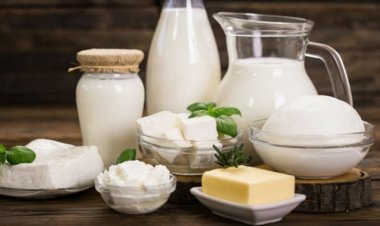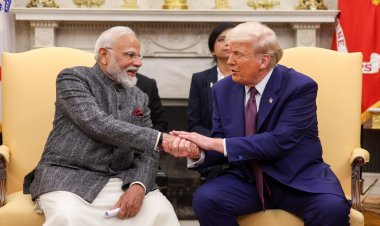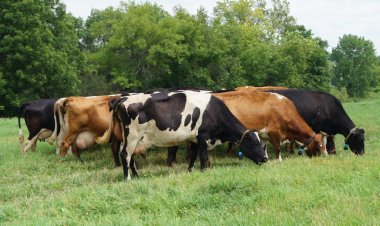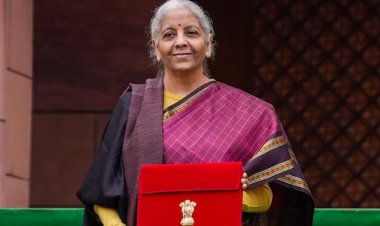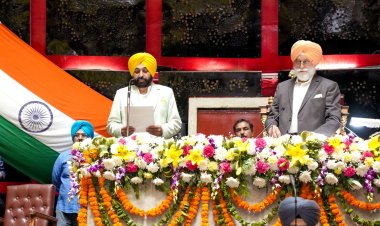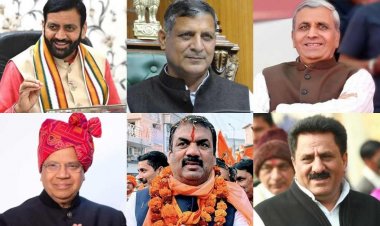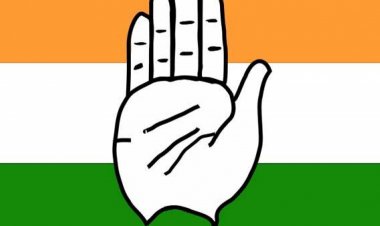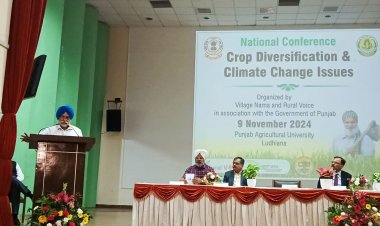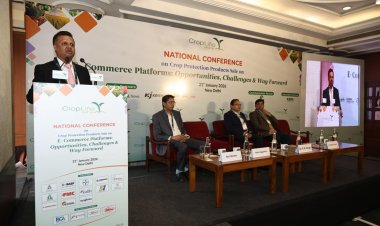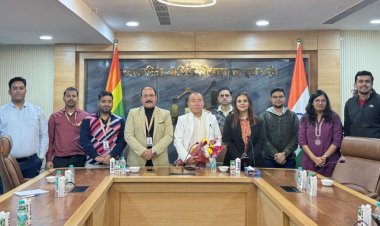Scotch, Salmon, and Sweets: UK Agri-Food Set for Indian Expansion Under New FTA
As the final legal details are ironed out and the agreement undergoes ratification processes in both countries, the focus remains on the tangible benefits that India's market opening will bring to UK agriculture, fostering stronger economic ties and increased trade in the years to come.
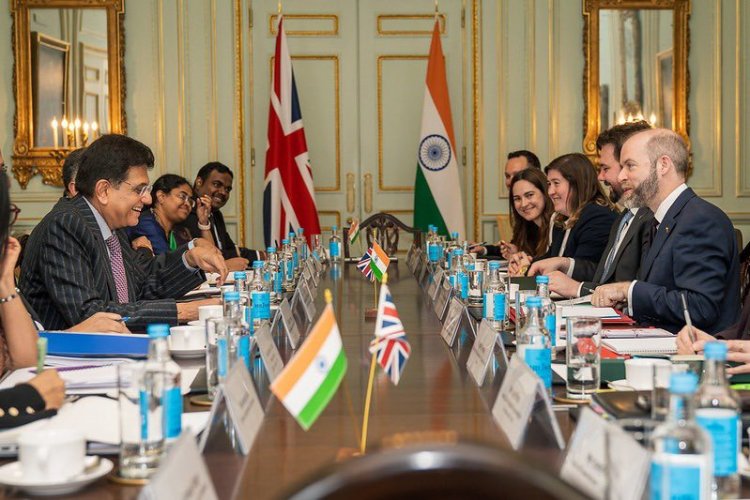
In a move poised to reshape the flow of agricultural goods between the two nations, India has agreed to a significant opening of its market to UK agri-food exports under the newly concluded Free Trade Agreement (FTA). The landmark deal, finalised on May 6th, will see substantial reductions and even elimination of tariffs on a range of iconic British products, offering unprecedented access to India's burgeoning consumer base.
The agreement marks a notable shift in India's trade policy, particularly concerning sensitive agricultural sectors. For UK producers, the most immediate impact will be the dramatic cut in the 150% tariff currently imposed on Scotch whisky. This will be halved to 75% upon the FTA's implementation, with a further phased reduction to 40% over the next decade, signalling a major opportunity for UK distillers. Similarly, gin, a growing favourite among Indian consumers, will benefit from the same significant tariff liberalisation, according to the UK government documents.
Beyond beverages, India is dismantling trade barriers on other key UK agricultural exports. Lamb, which currently faces a 33% import duty, will enter India tariff-free from day one. This immediate elimination of costs will provide a significant boost to British sheep farmers. Likewise, fresh and frozen salmon and cod will also gain immediate tariff-free access to the Indian market, opening up new avenues for the UK's seafood industry.
Over the next ten years, India will continue to liberalize its market for UK agri-food, with tariffs on products like soft drinks (dropping from 33% to zero), chocolate, gingerbread, sweet biscuits, and non-alcoholic beer gradually being reduced or eliminated. This phased approach provides a clear pathway for increased trade and investment in these sectors.
However, the benefits are not unidirectional. Indian industry experts anticipate a significant boost to India's own export sector. Mahesh Jaising, Partner and Leader, Indirect Tax, Deloitte India, stated that the FTA would “boost Indian Exports as Nearly all exports—especially from MSMEs in textiles, leather, seafood, and jewellery—will enter the UK tariff-free.” This highlights the broader economic advantages India expects to gain from the agreement.
Echoing this sentiment, S C Ralhan, President, Federation of Indian Export Organisations (FIEO), emphasised the comprehensive nature of the tariff reductions for Indian goods. He noted that “the India–UK FTA eliminates or significantly reduces tariffs on a wide range of Indian goods, giving our exporters preferential access to one of the world’s most affluent and consumption-driven markets. In agriculture & processed foods, the deal provides for better access for value-added products, including tea, spices, rice, and ready-to-eat segments.” This suggests that while India is opening its agricultural market to the UK, it also stands to gain significantly in exporting its own agricultural and processed food products to the UK.
The FTA also addresses Sanitary and Phytosanitary (SPS) measures, a crucial aspect for agricultural trade. India has agreed to work with the UK on recognizing the equivalence of their respective SPS standards and to streamline processes for the safe import of agri-food products. This commitment to equivalence and efficient handling of SPS measures will be vital in facilitating the smooth flow of goods and minimising trade disruptions.
While the immediate focus is on India's significant tariff concessions on UK agricultural exports, the broader agreement also touches upon the complex issue of agricultural subsidies in both countries. While specific commitments are yet to be fully detailed in the legal text, the FTA is expected to include mechanisms aimed at ensuring fair competition and preventing trade distortions arising from domestic support programs.
Minister of Commerce and Industry Piyush Goyal emphasised the mutual benefits of this market opening, stating, "This agreement reflects our commitment to strengthening our economic partnership with the UK. By providing greater access for their high-quality agricultural products, we are also ensuring that Indian consumers have a wider range of choices."
The UK government views this market opening by India as a major win for its agricultural sector, providing access to a vast and rapidly growing middle-class consumer base. The elimination and reduction of tariffs are expected to create a significant competitive advantage for UK farmers and food producers, allowing them to expand their presence in the Indian market.
As the final legal details are ironed out and the agreement undergoes ratification processes in both countries, the focus remains on the tangible benefits that India's market opening will bring to UK agriculture, fostering stronger economic ties and increased trade in the years to come.



 Join the RuralVoice whatsapp group
Join the RuralVoice whatsapp group


















